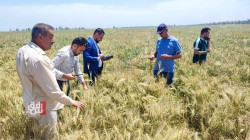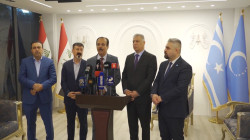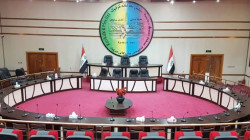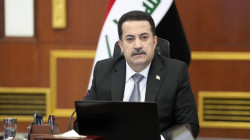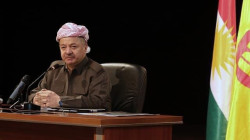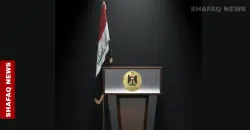Political stalemate continues in Iraq's Kirkuk Governorate
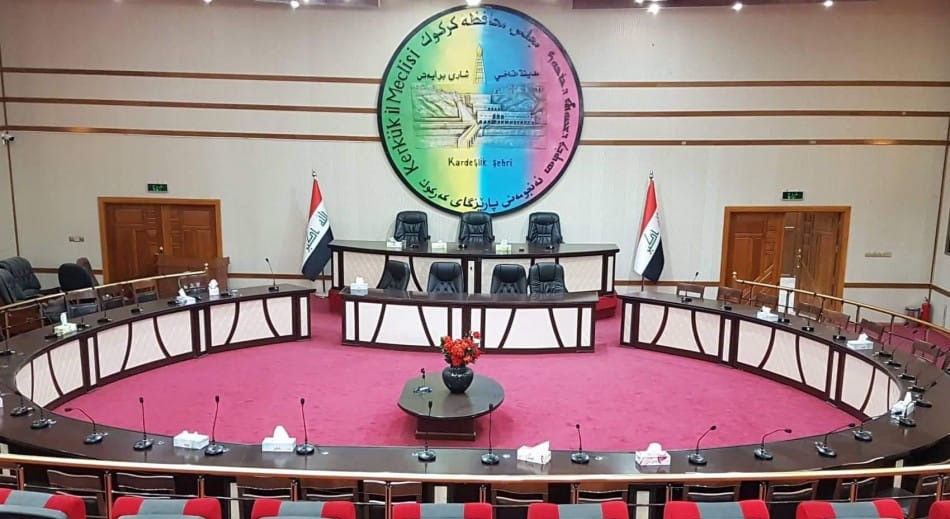
Shafaq News/ The ongoing dispute among political blocs in Iraq over the formation of the provincial council and the governor's position in Kirkuk has created a challenging situation for Prime Minister Mohammed Shia Al-Sudani.
Ahmed Ramzi, a member of the Kirkuk Council, emphasized the necessity of "a comprehensive vision among political blocs regarding this issue." stressing the importance of "inclusive participation from all components of Kirkuk - Arabs, Kurds, Turkmen, and Christians - in the formation of the provincial council."
"No party can unilaterally form the council without the approval of others," he said, citing the equal representation of components in the election results.
Currently, most positions in the governorate are administered on a temporary basis.
Despite more than five months since the Kirkuk Provincial Council elections, the winning blocs have yet to reach a consensus on forming a local government.
Each bloc is adamant about securing the governor's position, leading to a deadlock.
The recent discussions suggested rotating the governorship among Kurdish, Arab, and Turkmen blocs, awaiting a third meeting set by Prime Minister Al-Sudani.
On February 21, PM Al-Sudani met with all winning blocs and set a deadline of March 3 for proposals for forming a new administration and establishing a joint local government. However, the deadline passed without a resolution.
Kirkuk's elections in December 2023, its first since 2005, resulted in an equal number of seats for two rivals (8-8), preventing any single party from forming the local government.
The first team comprised Kurds, who secured seven seats in total. Specifically, the Patriotic Union of Kurdistan won five seats, while the Kurdistan Democratic Party claimed two. Additionally, Christians secured one seat through the quota (Babylon) Alliance, bringing the total to eight seats.
On the other hand, the second team consisted of Arabs, who garnered six seats. This includes three seats for the Arab Alliance, two for the Leadership (Al-Qiyada) Alliance, and one for the Al-Ourouba Alliance. The Turkmen Front of Iraq won two seats.
